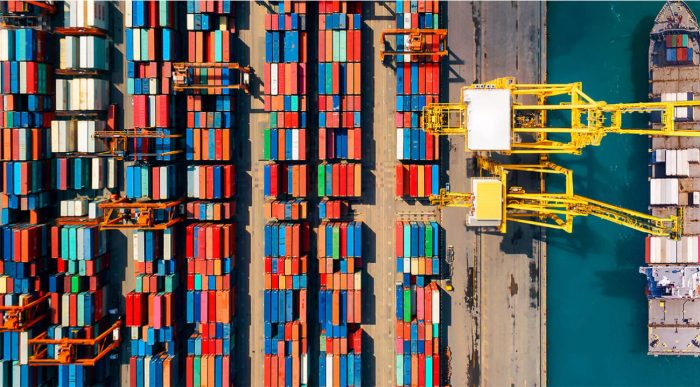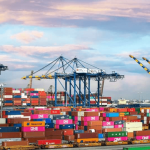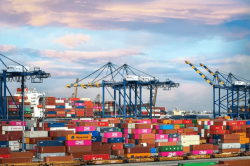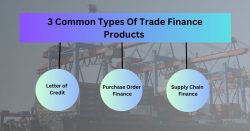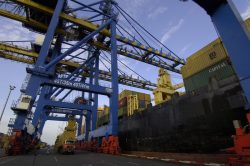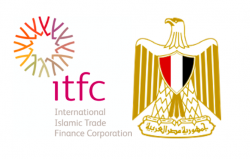How Investment in Trade Finance Can Help SMEs Thrive?
A healthy trading system depends on the availability of finance. Up to 80% of current Global Trade Finance is backed by credit insurance or other financing. However, there are sizable gaps in the available resources, making it difficult for many businesses to access the necessary financial tools. With sufficient trade finance, businesses can have the resources they need to trade and grow, taking advantage of opportunities for development and expansion.
Small and medium-sized businesses (SMEs) need help finding financing with favourable terms. This is especially concerning because SMEs constitute a significant force in trade, employment, and economic growth. According to research, SMEs encounter these obstacles in developed and developing nations, but the difficulties are most significant in lower-income countries.
Trade digitalization has no definition, but it typically entails the digital twining of supply chains, the dematerialization of documents, and the digital data exchange. It means adding an electronic or computerized layer to business processes.
A key distinction in the new reality is that digitalization also refers to using digital channels to assist SMEs in creating value. By doing away with paper-based transactions, SMEs can increase productivity and transparency while avoiding delays brought on by physical documents getting misplaced or destroyed along the way.
